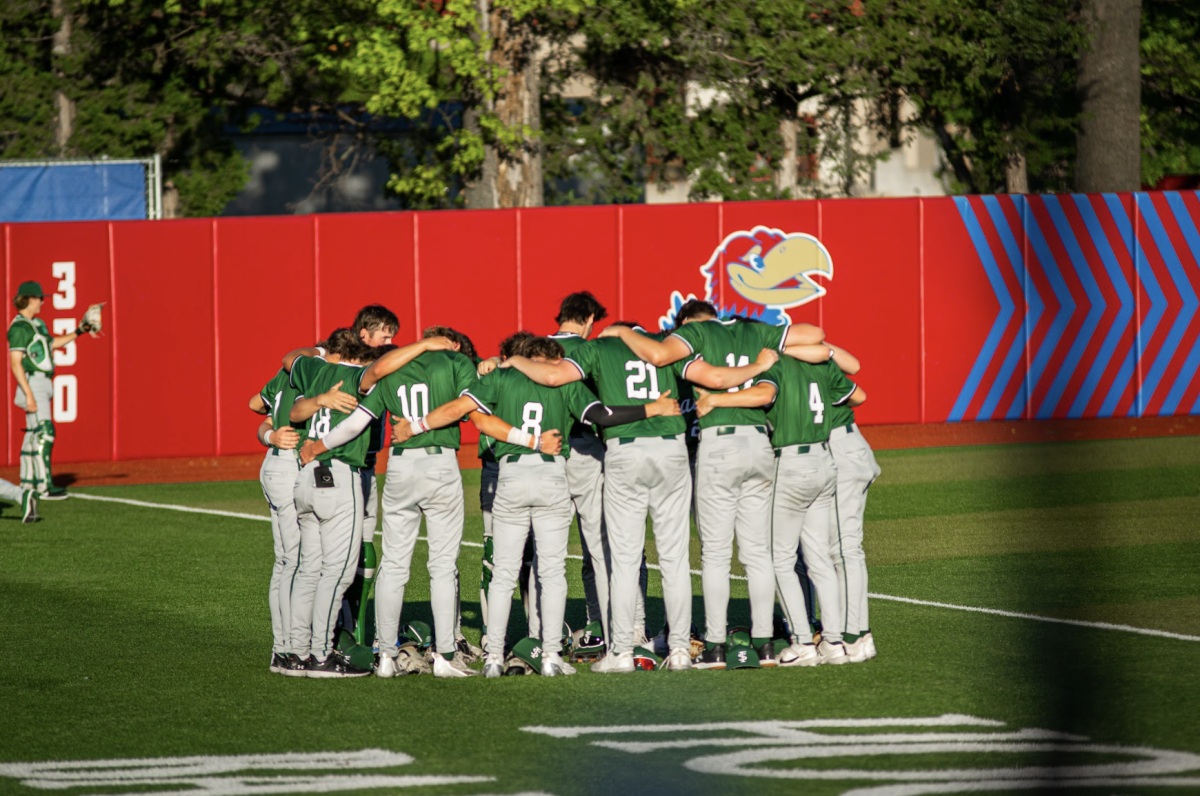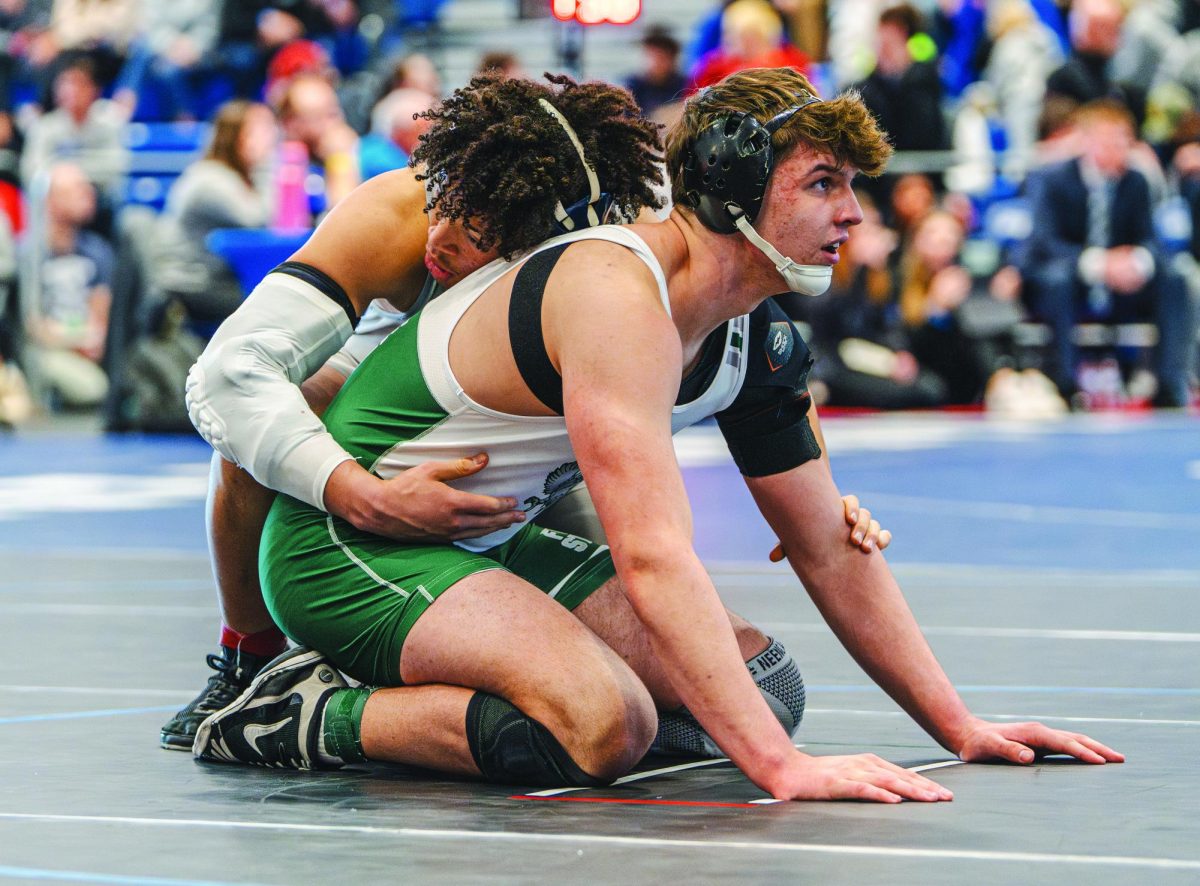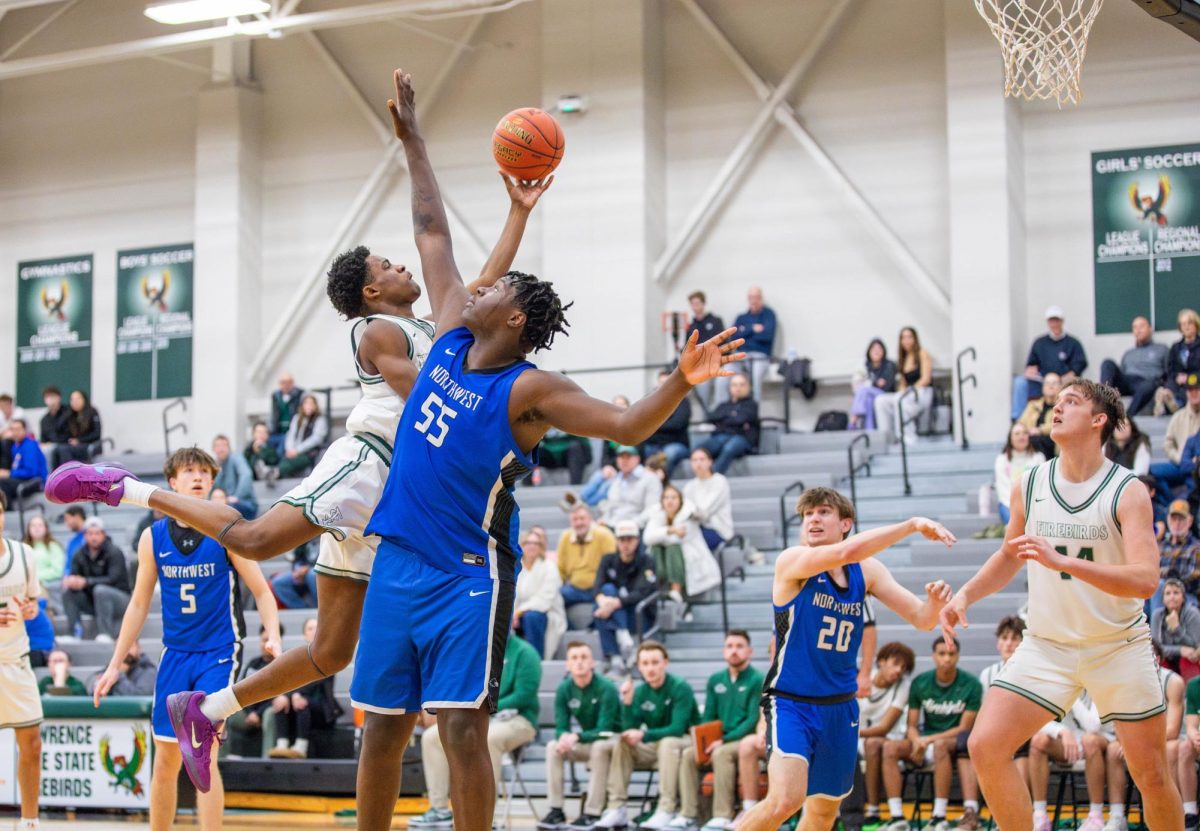In 1975, Linda Wedge’s sister Rose made a monumental transition from playing church youth league basketball to playing varsity for her school. She was one of the first girls to don a jersey for her school, or for any school in the United States.
“They weren’t very good at all,” Wedge said. “So people said, ‘See! Girls aren’t any good! Why should they have a team?’”
However, boys had the advantage of years of coaching and experience. Girls at the time generally did not have these privileges.
“Girls weren’t very good because they hadn’t had the opportunities to be coached,” Wedge said “ . . . I mean they really didn’t have the intensity of practices or the benefits of coaching.”
Title IX was passed on June 23, 1972 as part of the Education Amendments of 1972. According to these amendments, discrimination against women in any “education program or activity receiving Federal financial assistance” was prohibited. This includes sports, maths and sciences.
Women like Wedge’s sister opened the door for all female student athletes. Many athletes, such as Senior Summer Frantz, don’t know what they would do without their sports and extracurriculars.
“I’d probably be getting into trouble,” Frantz said. “Just kidding. I probably wouldn’t get into trouble. I’d just sit at home, to be honest.”
Golfing for her school motivates sophomore Karen Campbell. There’s less pressure when she plays by herself because her “school’s success would not be at stake.”
Before Title IX, gender inequality was measured in unequal funds. After Title IX, however, the problem was unequal attention.
“[A girl’s athletic event] wasn’t a big magnet to pull people in,” Wedge said. “It was just ‘Oh these girls want to play too’.”
Despite having equal funding for forty years,women’s sports still do not pull the same crowd as men’s sports.
“[There is inequality at] KU with the basketball team especially,” junior Jessica Babler said. “You know you can walk down Mass Street, and literally you have people that can list the whole entire roster for the men’s team but don’t know a single player on the girls’ team.”
Some women doubt that anything can be done to eliminate sexism from school activities completely.
“I don’t think you can really fix it,” Sophomore Sydney Buller said. “Unless a team was ridiculously good, I don’t think anyone’s going to start caring more. I don’t really think you can persuade people to start caring more.”
Others are more optimistic.
“. . . Girls’ sports would get more attention . . . if they were good,” Campbell said, “and I guess they need to get better coaches.”
Regardless of how female students feel now, the girls in 1975 appreciated Title IX’s attempt to iron out sexist wrinkles in the quilt of society.
“I think the girls themselves were really excited,” Wedge said of her sister’s 1975 basketball team, “and they didn’t care if people didn’t care.”













